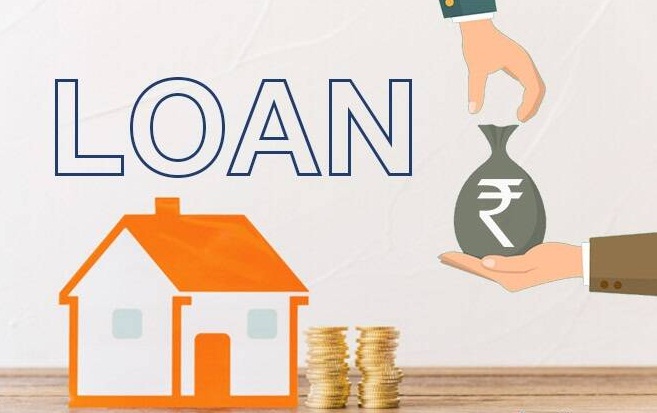
RBI is Alert on Home Top up Loans
- June 13, 2024
- 0
Top-up home loans is an additional loan provided by most banks and housing finance companies on existing home loans. If you have a running home loan with a particular bank or a non-banking financial company (NBFC), applying for the top-up loan gets simpler, hassle-free and needs minimal documentation.
Why is the regulator worried about it? It is well known that the RBI is not comfortable with the lenders, exuberance over retail lending, particularly unsecured personal loans. The lenders could be encouraging the borrowers to over leverage themselves and some of them may not be in a position to pay back. This can spoil the party for the financial sector. As a precaution, in November 2024, the RBI raised risk weights on personal loans, credit cards and bank credit to NBFCs to stem the growth.
How do home loan top-ups work? They are a sort of secured personal loan. Such loans are offered to existing home loan borrows who have been servicing their loans well.
Typically, home loans are given after calculating the loan-to-value or LTV ratio. LTV is the percentage of the property’s value that a bank or financial institution can lend to a property buyer. It varies depending on the price of the property, and the borrowers always put in their share of the cost before reaching out to a lender. The borrowers’ contribution can be anywhere between 10 per cent and 30 percent of the price of the property.
With regular repayment, the lenders’ exposure to such loans comes down and the LTV ratio drops. They then invite good customers to take top-up loans for purposes beyond home improvement – say, weddings, vacations, education, medical expenses or business expansions.
The interest rates for such loans are much lower than personal loans, but higher than home loans.
So, what’s wrong with this product? The lenders justify giving such loans since they are backed by collateral (the property already bought) and hence, the probability of losing money virtually doesn’t exist. The borrowers also feel fine. Since they have already put in their own equity to buy the property, they welcome a fresh loan at a relatively cheaper rate.
Most often, the document for such a loan makes it clear that the money cannot be used for speculative purposes but if a borrower takes a top-up loan to play in the stock market, can the lender figure it out? Or, if a borrower takes a top-up home loan to pay off another loan, can this be tracked?
The RBI’s primary concern is the rise and rise of personal credit in the guise of top-up home loans. It has raised the capital requirement for personal loans to discourage lenders. The higher capital requirement raises the cost of money both for the lenders and the borrowers. It seems that by offering personal loans through the home loan top-up window, lenders are skirting the higher capital requirement.
👇 Please Note 👇
Thank you for reading our article!
If you don’t received industries updates, News & our daily articles
please Whatsapp your Wapp No. or V Card on 8278298592, your number will be added in our broadcasting list.



































































